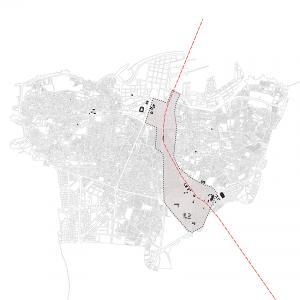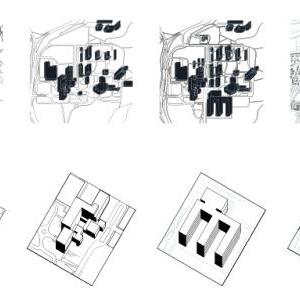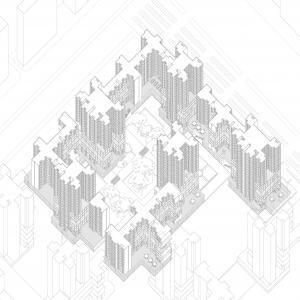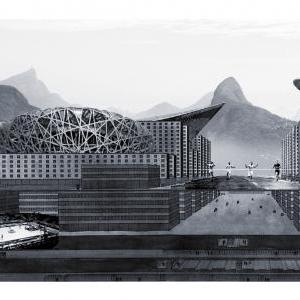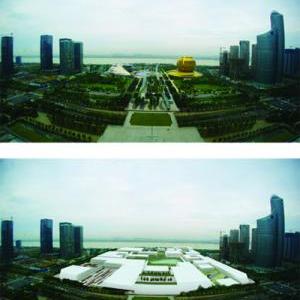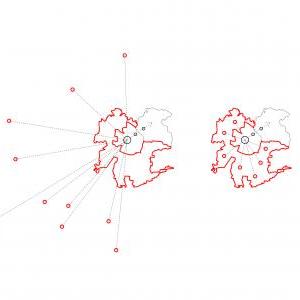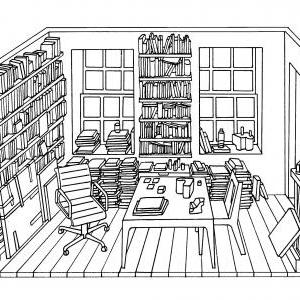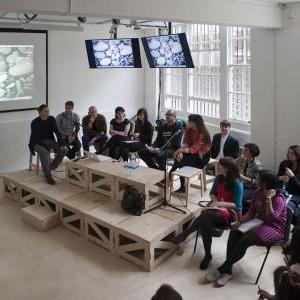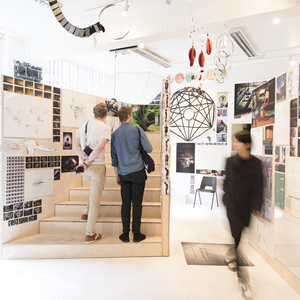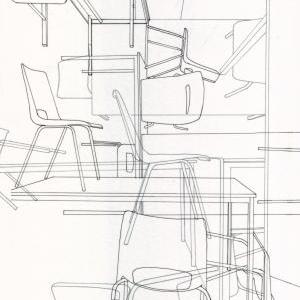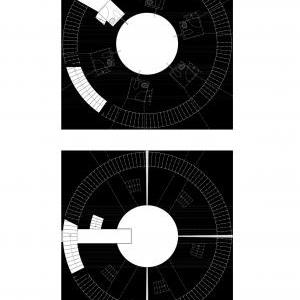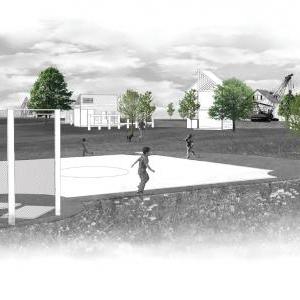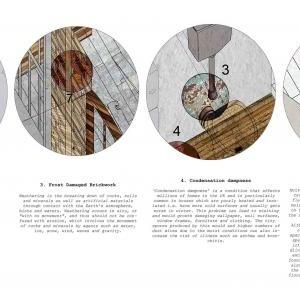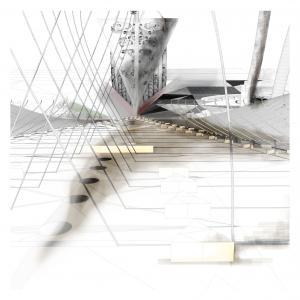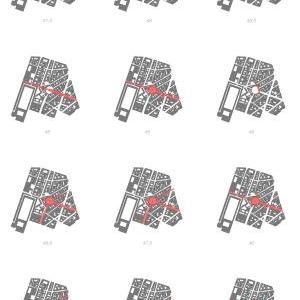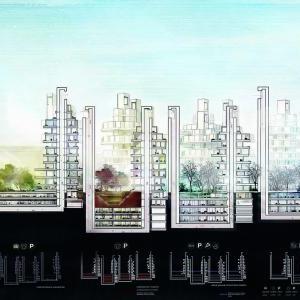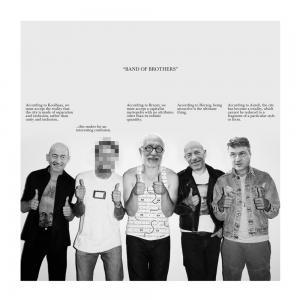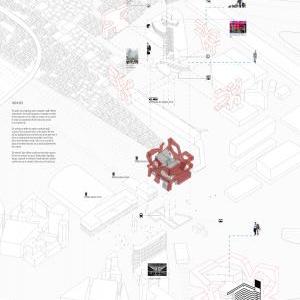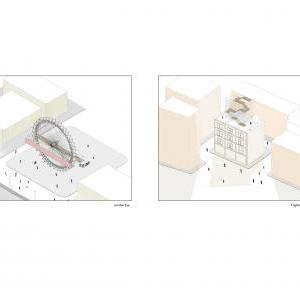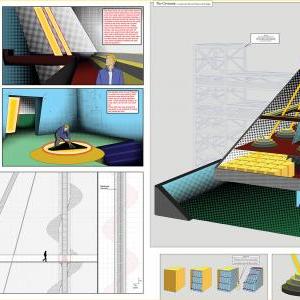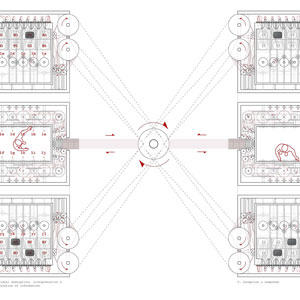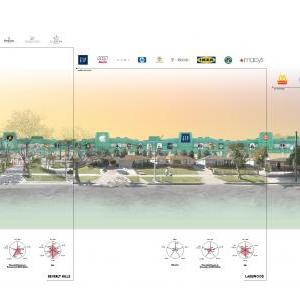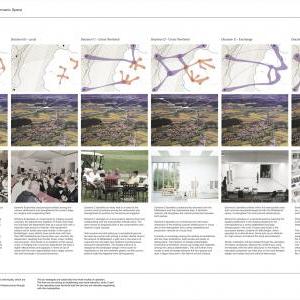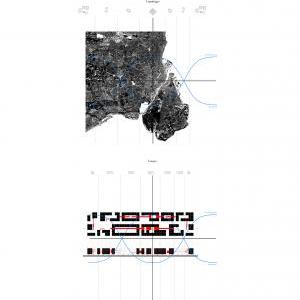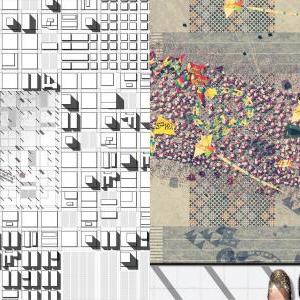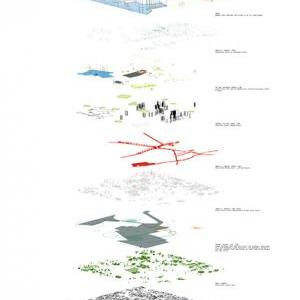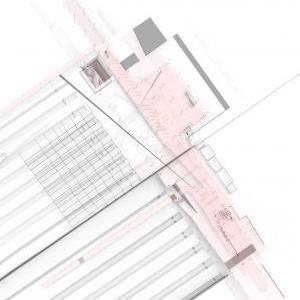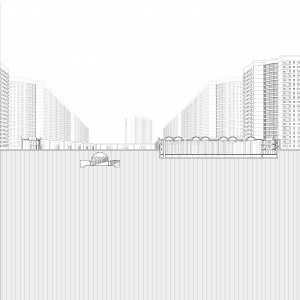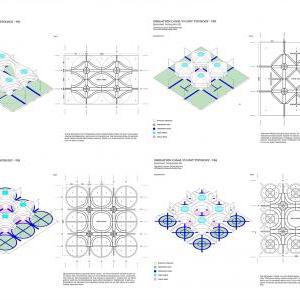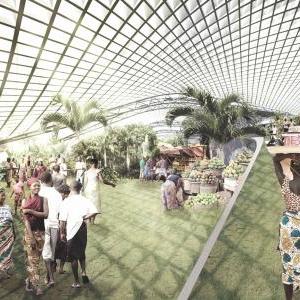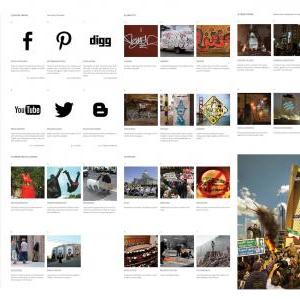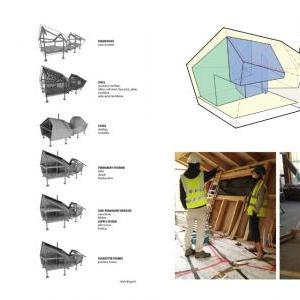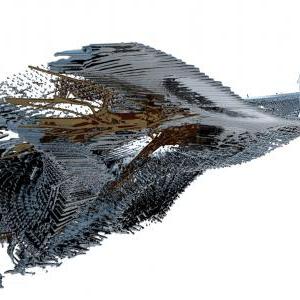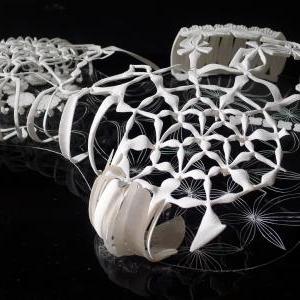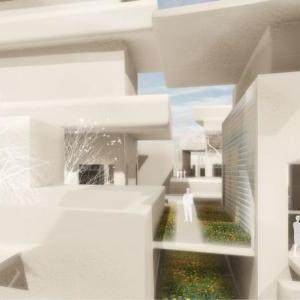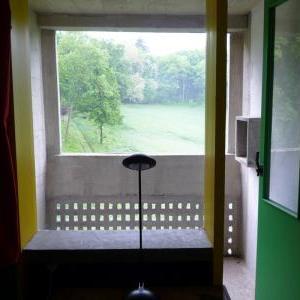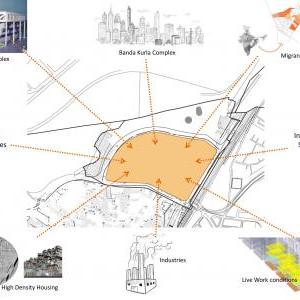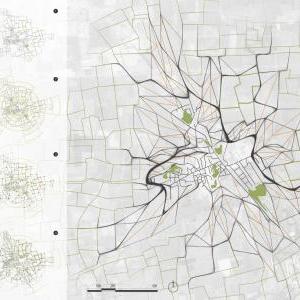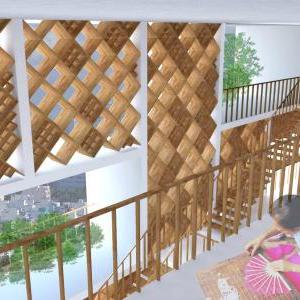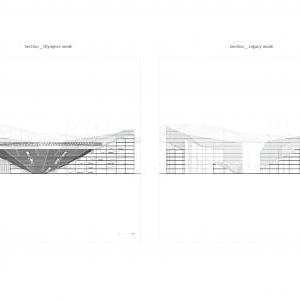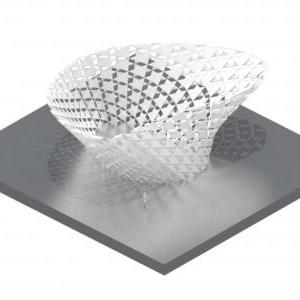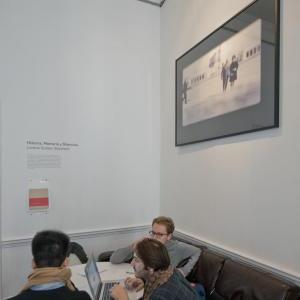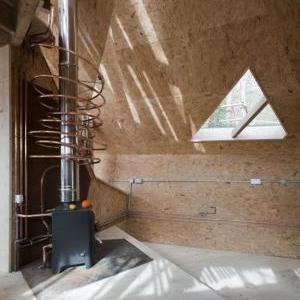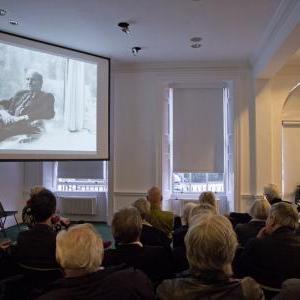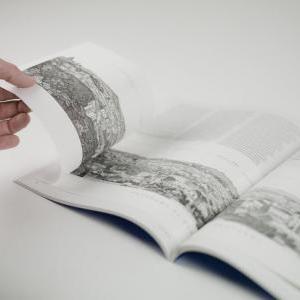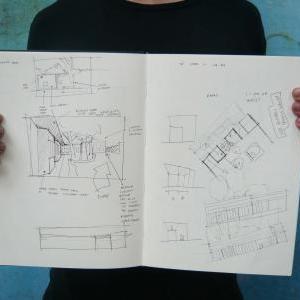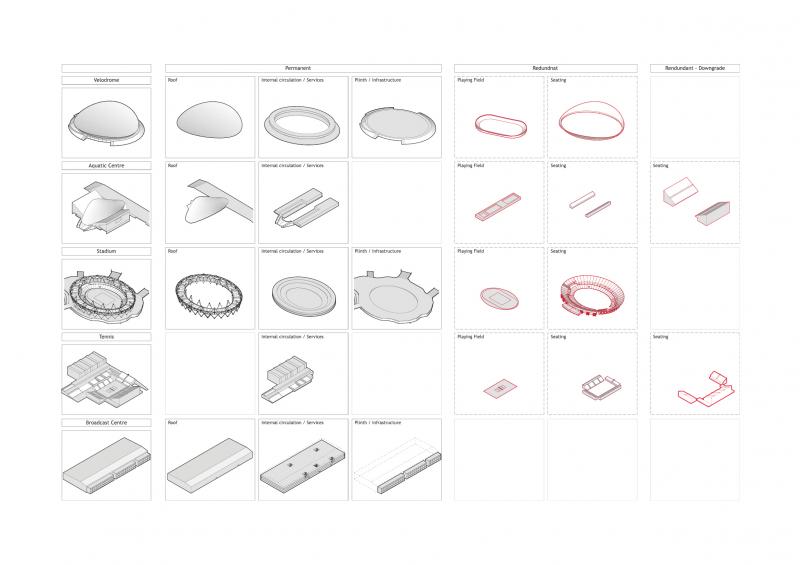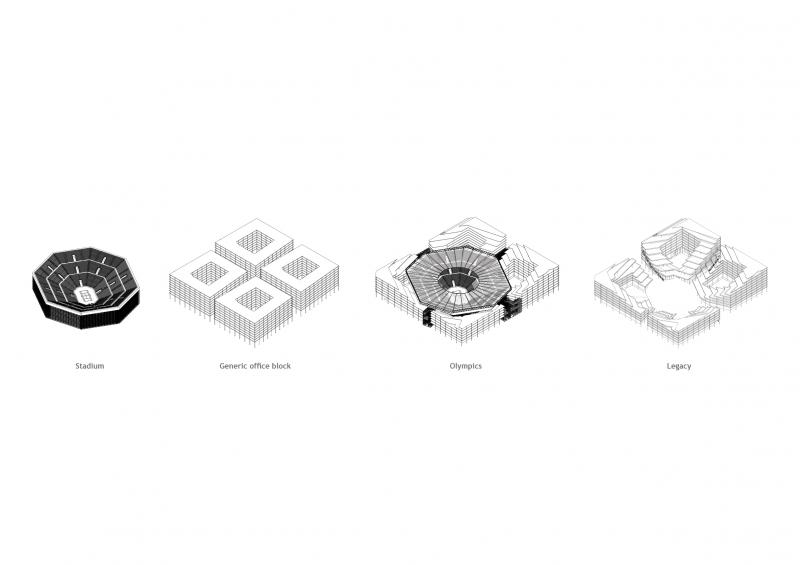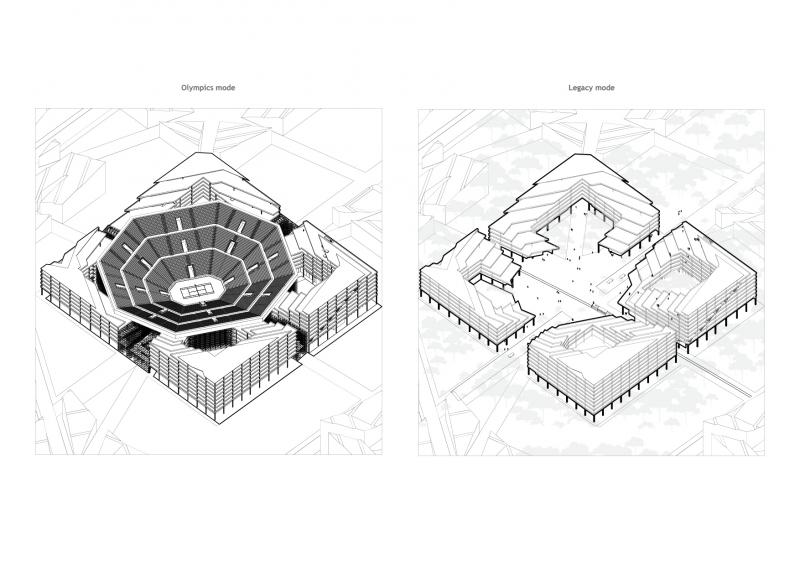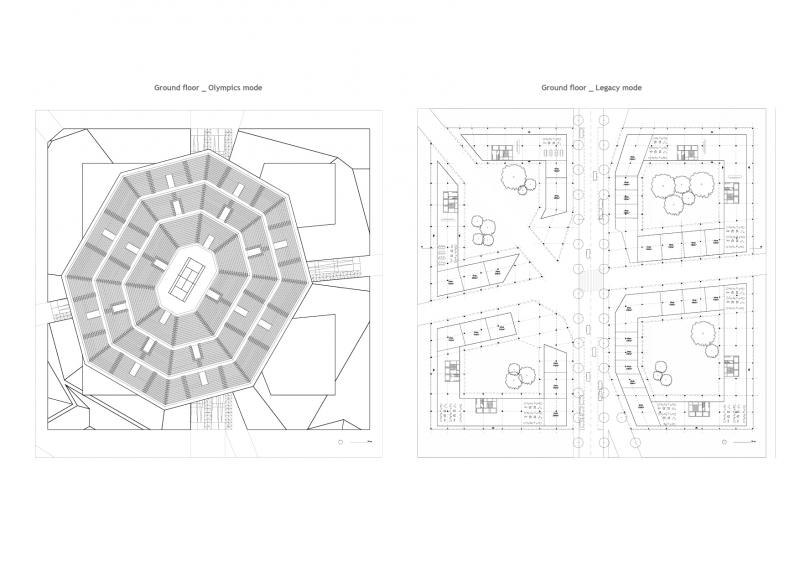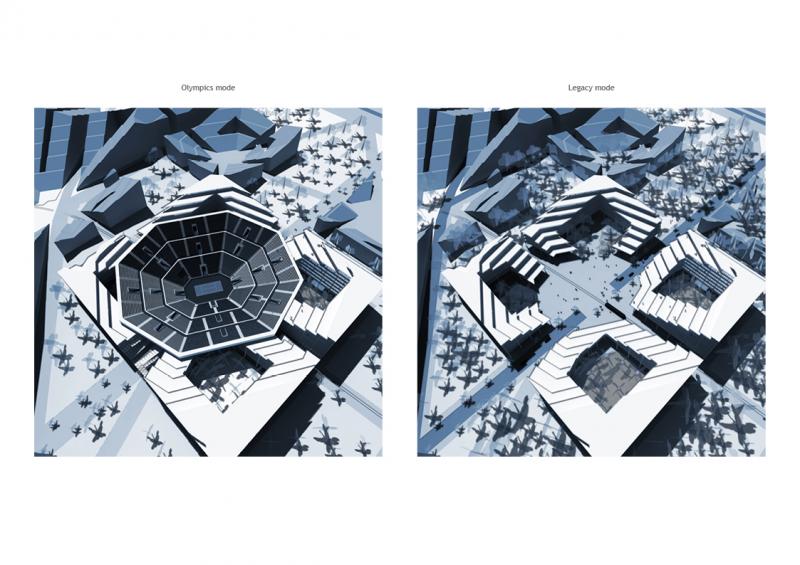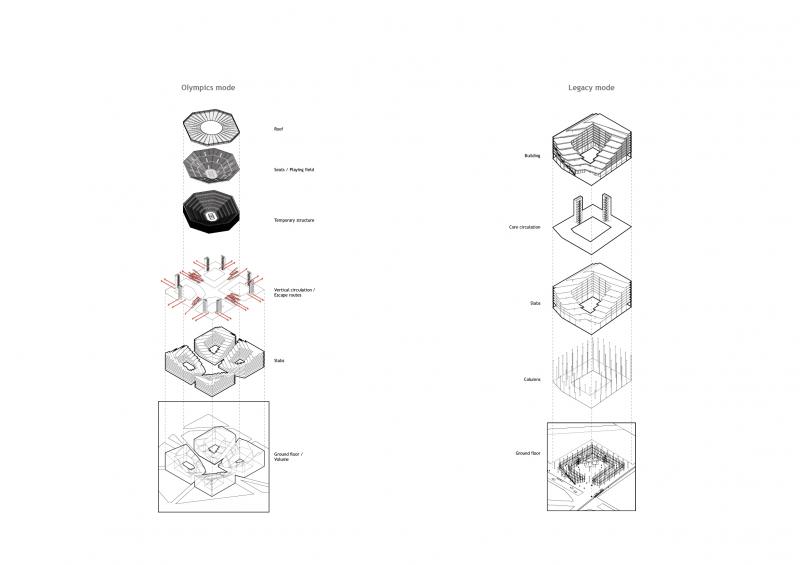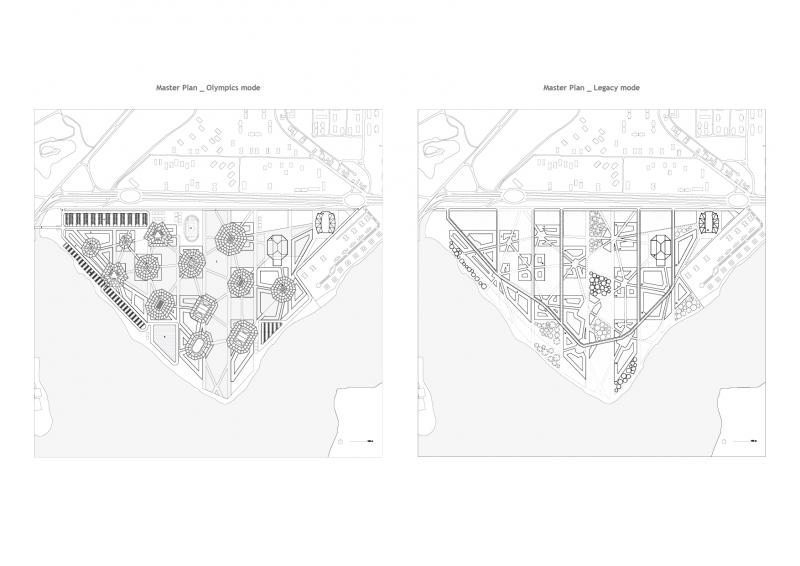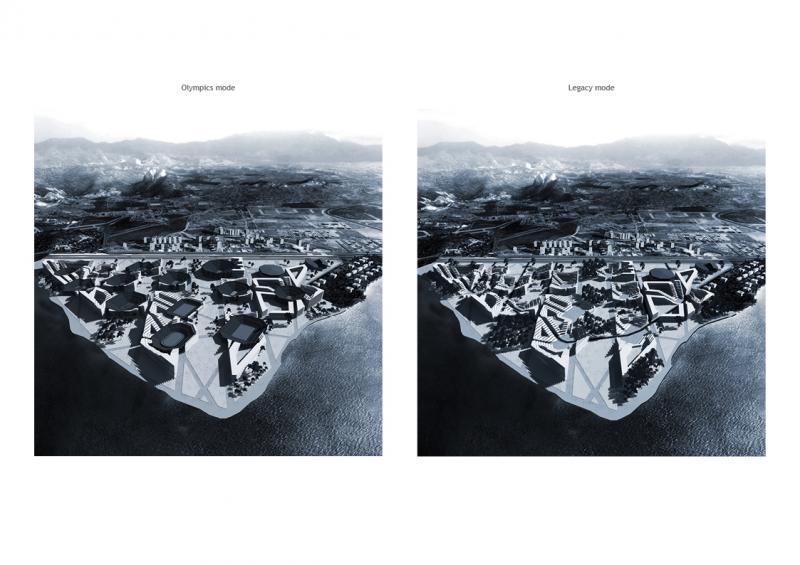Projective Cities is a taught MPhil dedicated to a research- and design-based analysis of and speculation on the contemporary city. At the core of its research project are questions arising from the often separated disciplines of architecture, urban design and planning, and the interrelations of tactical design and strategic planning. The programme therefore examines the conception and formation of the city within diverse political, economic, social and cultural contexts, and proposes that a new disciplinary knowledge emerges from this analysis.
The main ambitions of the programme are twofold: to study how ideas of the city, when framed by questions related to its built form and design, provide alternatives to current doctrines dominated by concepts of urbanisation; and to redefine the ambivalent notion of research by design with the proposal of new methodologies that synthesise theoretical and practical design research. This is both an intellectual project, clarifying the relationship between theory and design, and a practical one that explores the possibilities of design to research.
Projective Cities supports student-driven work and studies with individually defined research representing two-thirds of the programme’s 20-month duration. The programme is therefore small, intensive and divided into two phases. Phase I represents the taught part with design studios, seminar courses and workshops. During each term it introduces students to the pedagogy of the programme, provides the theoretical and practical foundations and presents the analytical research methods required to conceive, formulate and execute a research project. In Phase II, the research problems and questions of each project are developed, culminating in an original and comprehensive designed-and-written dissertation.
Programme Director
Sam Jacoby
Studio Master
Maria Shéhérazade Giudici
Studio Tutor
Max von Werz
External Thesis Advisor
Adrian Lahoud
Thank you to all our jurors. And special thanks to Alina McConnochie, Nerma Cridge and Tristan Simmonds for conducting workshops and providing technical advice, and Pavlos Philippou, Harry Francis Mallgrave, Jasper Cepl and Christopher Lee for giving guest seminars and lectures.
Thiago Soveral
Legacy or fallacy?
Rio de Janeiro and the Olympic Legacy
The project explores the legacy for the Rio Olympics 2016.
First, at the urban scale, it investigates the concept of Olympic legacy, the transformations of its signification over time, its means and goals. It further studies Rio de Janeiro, and more specifically Barra da Tijuca, the neighbourhood that will host the Games and the Olympic park in 2016, and its current condition, its problems, contradictions and shortcomings.
At the typological scale, this project investigates the redundancy of stadia, their specificity and difficulty of post-Olympic conversion; it also examines the dominant typologies in Barra da Tijuca, the gated communities, characterised by their physical and socio-economic exclusion.
The aim of the project is to articulate and redefine the role of Olympic legacy for the city and the potential of its main typology, the stadium. It proposes that the Olympics should become subservient to the legacy plan, a temporary intermission.
